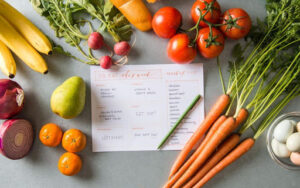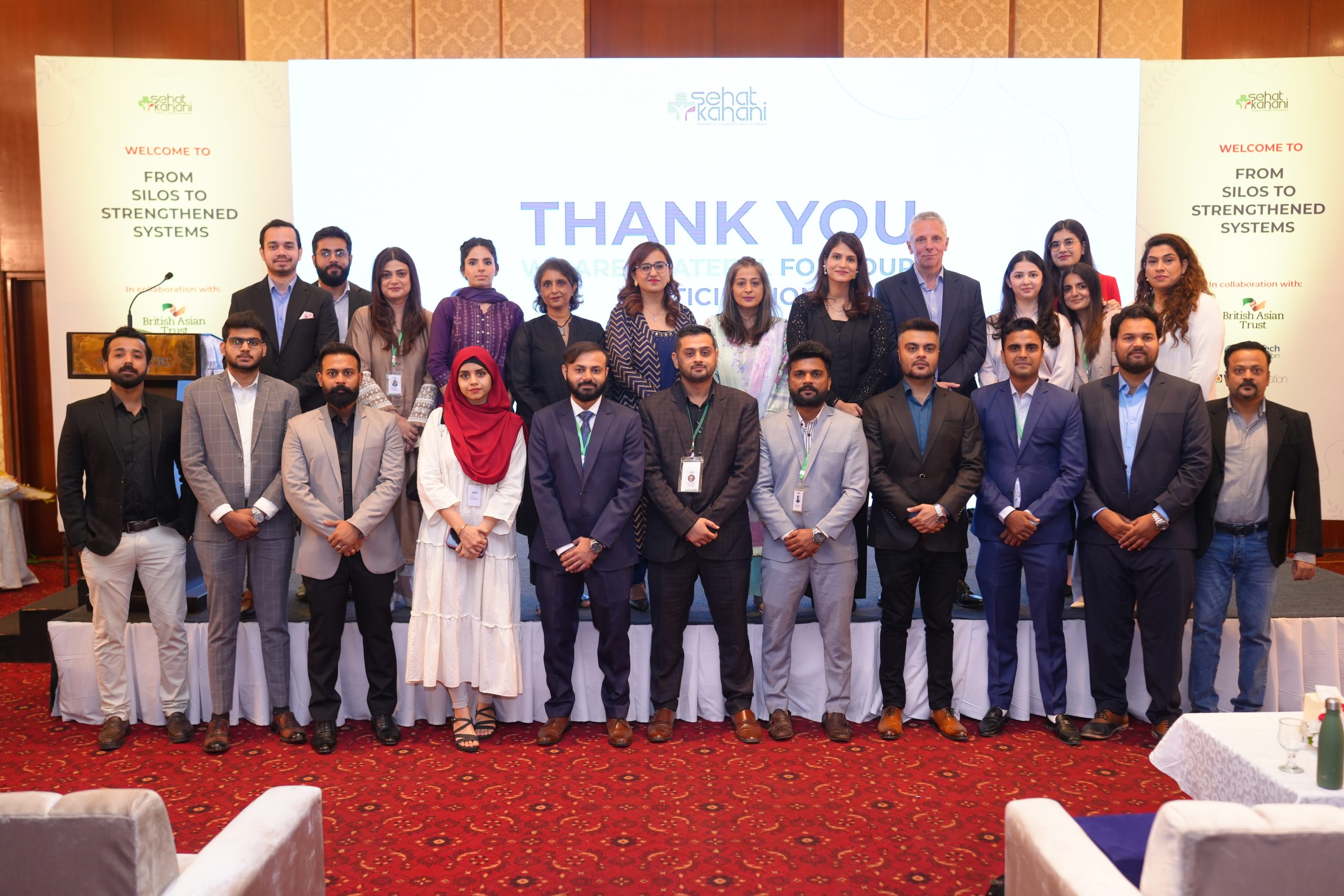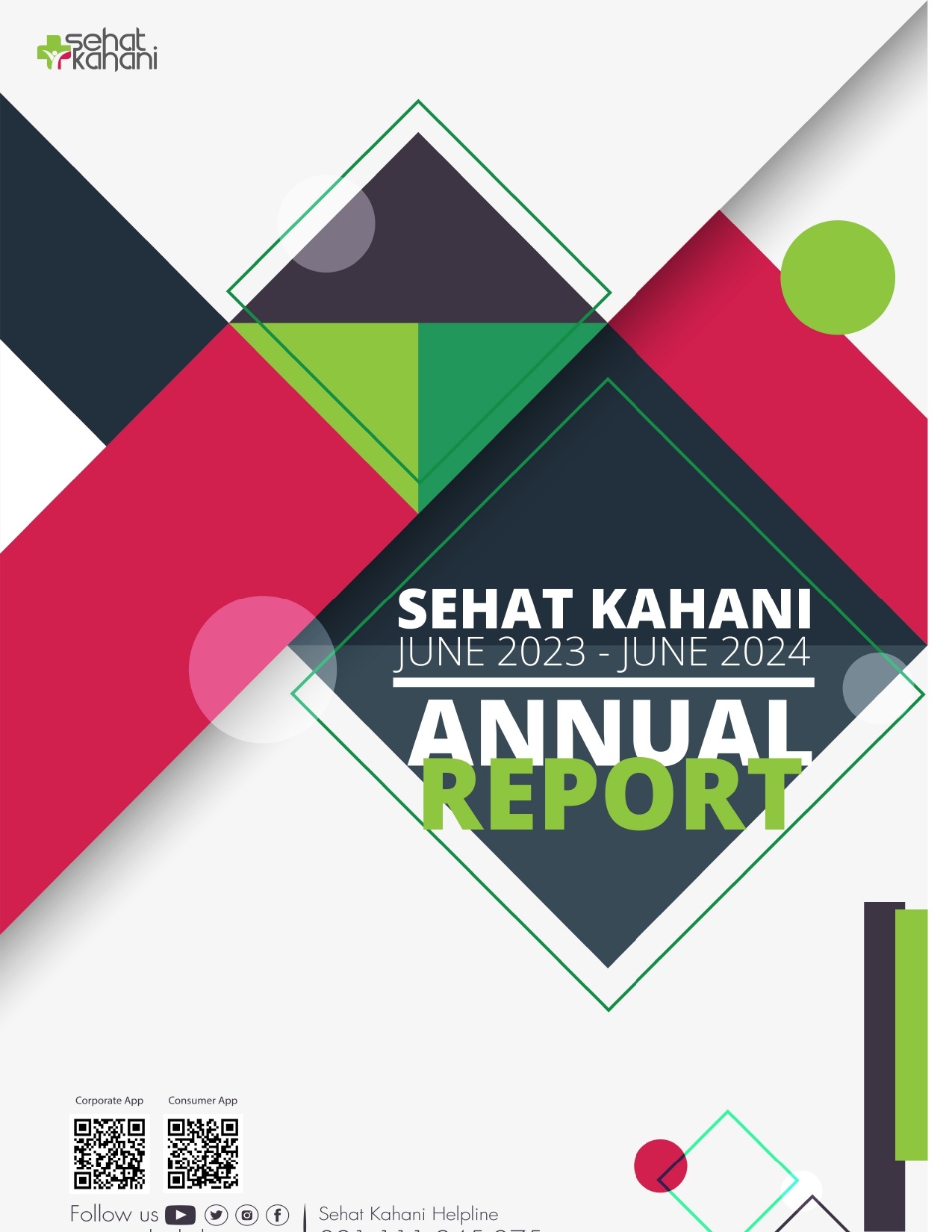
Do your Ramadan resolutions every year looks like “no pakoory, no samoosy, no ghee this year” in an attempt to be healthy? But still somehow till the end of the month, you manage to gain a few pounds topped with two or three juicy pimples on your face? Well, it is because you only focus on cutting the fats from your diet drastically without making a proper plan or taking other things into the consideration.
The following blog contains manageable changes that you can make to ensure that this Ramadan becomes the healthiest Ramadan to date of your life.
Ways to make this Ramadan the healthiest
Islam promises fasting to be beneficial for our health and research also supports that. Fasting has proved to be beneficial in lowering blood glucose and cholesterol levels and in improving the digestive system. However, with our poor dietary habits and lack of planning, we tend to lose these benefits and make Ramadan the month of weight gain, laziness, and worse skin.
While most of us are motivated to do better than the last year, lack of planning or setting unattainable Ramadan goals tends to mess with our motivation. It is important to remember that for a fit and healthy Ramadan, along with dietary changes, small lifestyle changes are also required.
Prep in advance
Last-minute Sehri and Iftari can often result in you ordering parathas or pizzas ruining your dream of a healthy Ramadan. Prepping in advance can help you stay on track with your diet. It will not only save you time during busy days but will also keep you excited to consume that “healthy meal” that you had prepared for yourself in advance.
Additionally, meal prep can be cost-effective, as it allows for bulk purchasing and can help reduce food waste. Overall, meal prep can be a practical and efficient way to maintain a healthy diet while managing a busy lifestyle, especially during Ramadan. To fully understand your body’s needs, consult the best doctors in Pakistan using the Sehat Kahani mobile app. Sehat Kahani has expert dieticians and nutritionists who are there to help you formulate your Ramadan diet.
Make a do-able plan
The most important step in making this Ramadan healthy is to start with a doable plan. It is important to realize that neither your taste buds nor your appetite can fully shift from two parathas to just a smoothie for Sehri. Thus while making your Ramadan plan, you should make sure that you are making healthy changes, but the ones you can do for a whole month.
The same goes for scheduling your workouts. If your body is not habitual of working out every day, you cannot do full-intensity workouts, especially during fasting. You can use Ramadan to maintain your shape but definitely cannot start another high-intensity workout.

Decrease the temptations
The chances of you picking up a pakora for yourself are high if you have your table filled with it. So you have to make ways to avoid temptation. For this, you definitely shouldn’t stop enjoying Iftaar and Suhoor with your loved ones, but you can motivate them to shift towards healthier options as well.
Try consuming more water and proteins to avoid filling up with carbs and fats. Another way to avoid temptations is to put effort while making your meals. This will not only make them taste better but will also make them appealing to you and you will be excited to consume the masterpiece in the Iftar or Sehri that you have created for yourself with love.
Make a reward system
Pursuing a healthy lifestyle and making difficult changes for the sake of better health needs a lot of motivation and dedication. Rewards can be a powerful tool in helping people stick to their diets, especially during Ramadan. When individuals set weight loss goals and restrict themselves from certain foods, it can be challenging to maintain their motivation and willpower over an extended period. However, by incorporating rewards into your diet plan, you can provide yourself with a sense of accomplishment and satisfaction, which can help you stay on track. Rewards can take many forms, such as a favorite treat, a day off from dieting, or a small gift to celebrate a milestone.
Make healthy choices seem appealing
Staying motivated to commit to healthier choices can be tough throughout Ramadan. You cannot rely solely on the reward system to keep your spirit high as that can result in too many treats, diminishing the actual cause. So for that, you can add some props. Get yourself cute gym attire to keep to motivated to work out every day.
You can also use appealing tumbler mugs or water bottles which can help you to hydrate throughout the non-fasting hours. You can also invest in salad spinners, cutting gadgets, and storage boxes which will make your meal preps fun for you.

Identify the loopholes in your plan
There is no use of your efforts if you are doing them in the wrong direction which is why you must identify the loopholes in your plan. Some common mistakes people make during Ramadan include skipping meals, relying on highly processed foods, and not getting enough fruits and vegetables. Skipping meals or Sehri in Ramadan can lead to unstable blood sugar levels and can cause individuals to overeat later at night.
Relying on highly processed foods that are high in sugar, salt, and unhealthy fats can lead to indigestion, nutritional deficiencies, inflammation, and chronic diseases. Not getting enough fruits and vegetables can also result in nutrient deficiencies, leaving individuals feeling fatigued and sluggish.
Another mistake that people do while making their Ramadan health plan is that they consider fats to be their ultimate enemy and stop consuming them altogether. The problem here is that they don’t keep in mind that fats are essential for many fundamental functions of the body including brain function. This can leave you lethargic, feeling dull, and with a compromised immune system.
Incorporate physical activity
This one sounds basic but physical activity is not just about hitting the gym or getting onto your yoga mat. Physical activity can be anything that breaks your sedentary lifestyle. You can incorporate physical activity into your Ramadan routine just by making small changes to your workday. Some healthy substitutes include taking the staircase, adding small walks to your day, and using stand-sit workstations.
Time your naps
Napping during fasting can help conserve energy and reduce feelings of fatigue. It can also improve mental alertness and productivity, allowing individuals to remain focused during their fast. Additionally, napping can promote relaxation and reduce stress, which can further benefit overall health during fasting.
Napping at the wrong time can have several disadvantages, especially during Ramadan. One of the most significant is that it can disrupt one’s natural sleep cycle, leading to difficulty falling asleep or staying asleep at night. Since one has limited time slots available to sleep in Ramadan, one should time their naps accordingly to avoid any trouble falling asleep on time. Improper sleep can lead to feelings of fatigue, drowsiness, and decreased productivity during the day. Additionally, napping at the wrong time can interfere with one’s circadian rhythm, which regulates the body’s internal clock and can affect hormone levels, digestion, and other bodily functions.

Include other people in your plan as well
Sticking to your Ramadan workout or diet plan can be isolating if you are doing it alone. There is a strong possibility that you will not be able to achieve your goals by yourself. This is why you should include other people in your health plan. This will create healthy competition and will help you stay motivated and committed to your plan.
It is not necessary that you and your “health buddy” must have the same health goals. You just need to have someone who can keep you motivated enough to stick to your plans. Thanks to the modern digitalization, today you can find people virtually who have similar goals as you and can work together on that using various applications.
Try to leave early for Magrib prayer
The temptation of that crispy, hot samosa is going to make your wellness goals weak if you sit at the Iftaar table for a long time. So to prevent it, try to leave early for your Magrib prayers. This will break the temptation and will also prevent overeating.
Ensure hydration during the non-fasting hours
Ramadan leaves you with only a few hours to fulfill your dietary needs. Thus, one has to be very particular about their hydration. Make the most of your few hours by setting timers on your cell phones to consume water. Nowadays, various applications are also available to help you with that. You should also keep a water bottle handy with you during the non-fasting hours. This will allow you to keep sipping water without having to get up. Sipping plain water can be boring so you can add frozen fruits to it to make it more appealing and flavorful.

Takeaways
Making Ramadan healthy can be a tedious task, especially in the presence of all the rich and delicious treats. It is important to remember that Ramadan and fasting itself hold a lot of health benefits and by making healthy lifestyle amendments, you can acquire all these benefits. While diet is an important part of making Ramadan healthy, other small changes can also greatly help.




